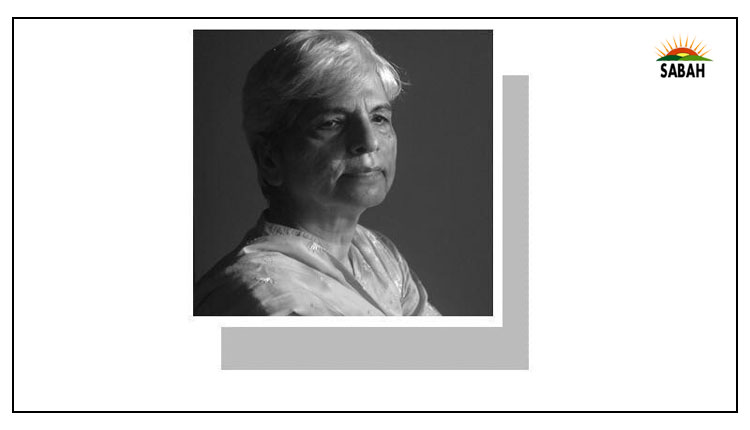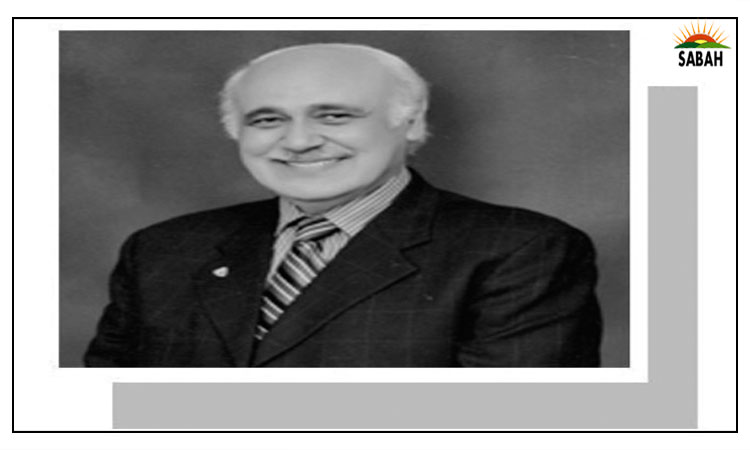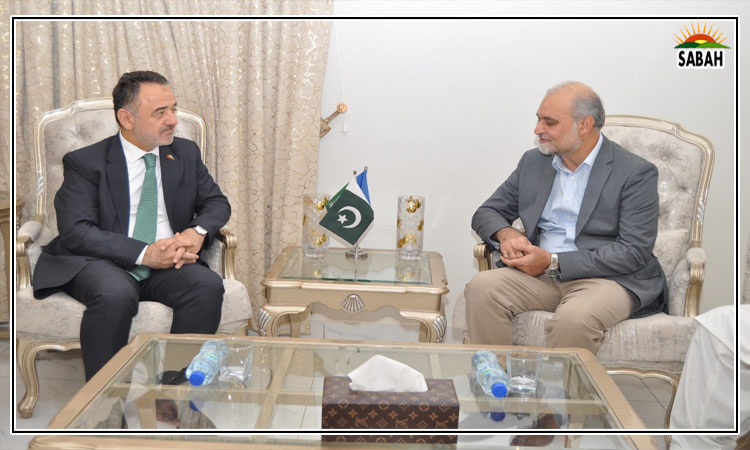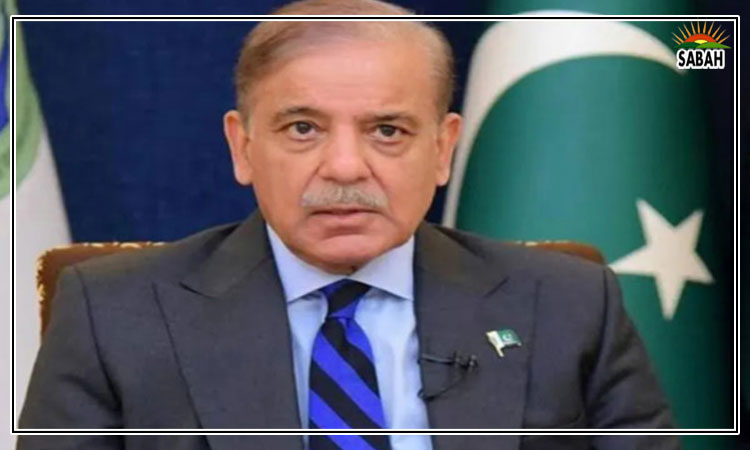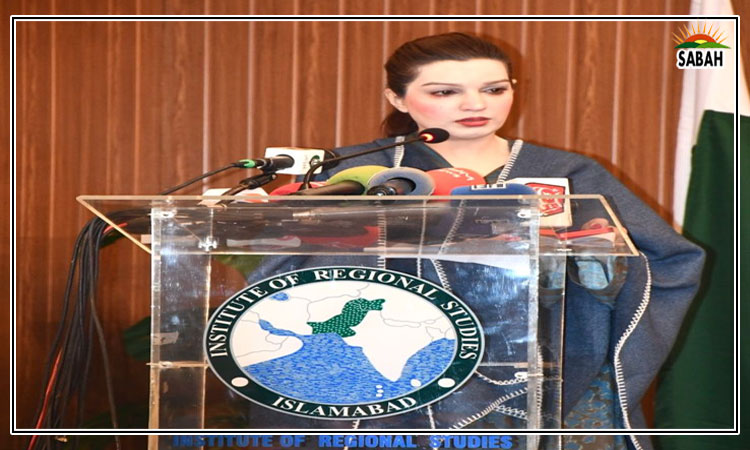Voicing concerns….Zubeida Mustafa
THE preamble to Unesco’s constitution reads, “Since wars begin in the minds of men, it is in the minds of men that the defences of peace must be built.” That holds true not just for war and peace but practically everything that needs to be changed in life. If one agrees with this dictum, one should not be cynical about the concerns of the founders of the Concerned Citizens’ Alliance (CCA) over the economic crisis we face today.
Set up in May 2022, it was the brainchild of two leading members of the Pakistan Medical Association. The CCA reflects the medical profession’s disquiet at the risks to human health posed by the uncertainty created by the breakdown of the economy, unruly politics and physical insecurity caused by deteriorating law and order. Dr Mirza Azhar, the coordinator, told me that the founders want to create awareness among the people at large via the members. The message of the CCA, that is nonpartisan and informally structured, will hopefully reach not only the public but also the powers that be.
Four organisations responded to the PMA’s initiative. Now there are 10 and many journalists and activists also attend its meetings which yield a mine of information for those who lack deeper knowledge and awareness on specific issues that are on the agenda. The response of some who participated in its last meeting on Feb 4 was one of scepticism. This reflects the trust deficit that prevails.
Yet it must be conceded that without awareness there can be no change. Besides economics is not everyone’s forte. Hence in this hour of economic crisis, public ignorance of the economy and a simplistic approach to questions pertaining to the country’s finances can become a threat to its existence when mismanaged. Moreover, an umbrella forum such as the CCA must be inclusive. More women’s groups and also the presence of youth will enhance its strength.
Without awareness there can be no change.
The CCA is playing another vital role — it is filling the big vacuum in our society created by an oppressive establishment that allows no freedom of expression in the academia.
The Feb 4 meeting of the alliance was held at a time when the government was negotiating with the IMF team against the backdrop of rocketing inflation that had broken the common man’s back. The input and analysis of relevant experts, businessmen, trade unionists and academia representatives were very valuable. It enabled the CCA to reach a consensus on a document titled What Needs to be Done to stabilise the economy and provide relief to the common man. The emergency measures suggested were as follows:
i) A 20 per cent reduction in all nonproductive expenditures in all branches of the state, including the armed forces, which can be done simply by eliminating wasteful spending and unnecessary perks in all departments.
ii) All income regardless of its source, whether industrial, agricultural, commercial or service sector-related (which includes the salaried earners) must be taxed and brought under a simplified digital tax regime of direct income tax (allowing for tax exemption only to those earning Rs12,00000 per annum, so that the tax-to-GDP ratio is increased from 10pc to 22pc within a few years.
iii) Minimum wages for workers at Rs25,000 per month must be immediately implemented and the EOBI extended to all working people whether in industry, agriculture, commerce, the services sector or domestic service.
iv) Trade unionism and collective bargaining rights must also be extended to the thekadari system so that workers can struggle and negotiate for their demands in a democratic environment.
These are immediate measures that have been suggested to mobilise resources to address the present crisis. If the government were to respond to the CCA’s demand it would certainly generate confidence in the people in the government’s ability to cope with the present emergency.
More demands of a long-term nature were also voiced by the CCA to improve the quality of life in Pakistan. They pertain to the supply of clean drinking water, land reforms, promoting literacy and improving water and agriculture management to increase productivity.
All this calls for cooperation from the public. Will it be forthcoming? The majority of them live a hand-to-mouth existence and are semi-literate or poorly educated. There is a need to reach them. The CCA, or any group participating in it, should seek to engage with students to form study groups in low-income areas where they can penetrate the masses by holding educative dialogues and conversations with the youth on the latter’s home ground. Such engagement may instil some understanding of the crisis in the masses and bring an element of sanity to the situation. The widespread belief is: hold elections and all will be fine again.
www.zubeida-mustafa.com
Courtesy Dawn, February 24th, 2023



